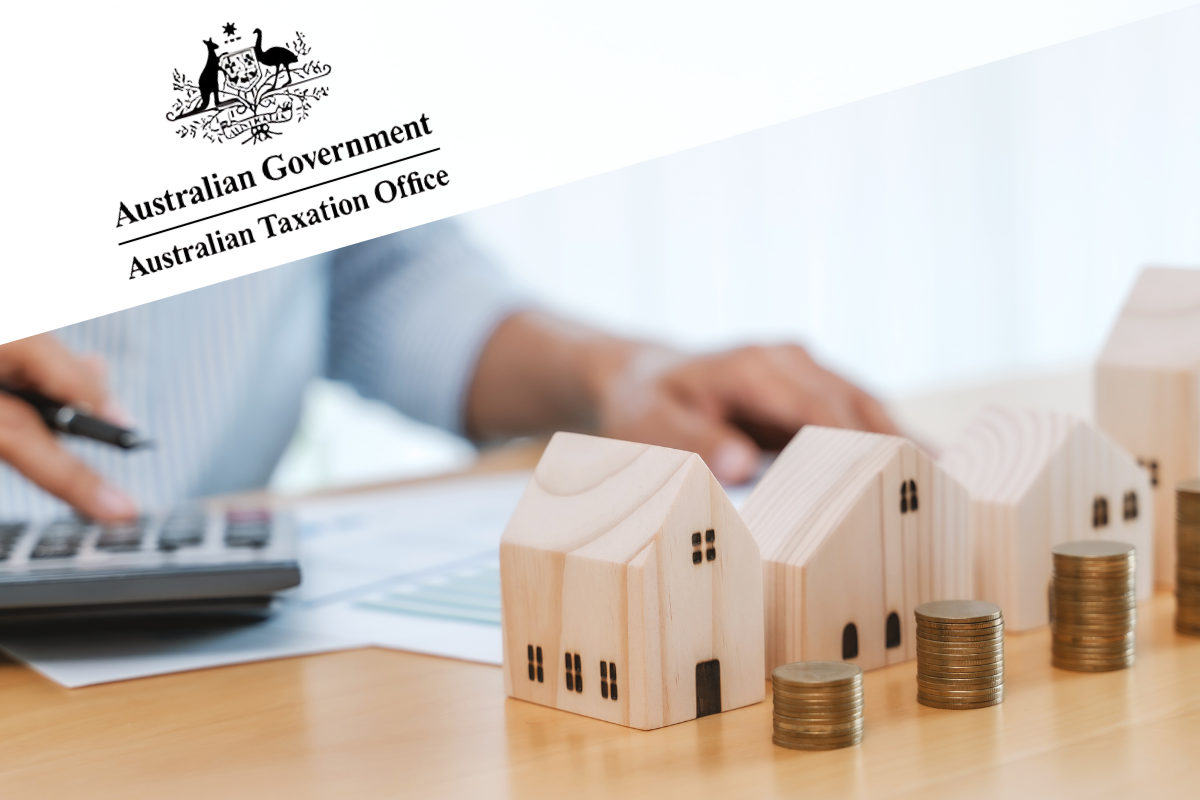The Australian Taxation Office (ATO) has recently extended its data-matching program for rental properties for the 2025–26 financial year, revealing several common errors among property investors. As the mortgage experts at Lagos Financial, we always emphasise the importance of understanding your tax obligations as a property investor. Staying on the right side of the ATO is crucial for protecting your investment and avoiding costly mistakes.
In this post, we’ll delve into the common rental property tax errors identified by the ATO and provide practical tips on how to avoid them, all while keeping your mortgage financing in mind.
What is the ATO Rental Property Data-Matching Program?
The ATO’s rental property data-matching program is designed to ensure property investors are correctly reporting their rental income and expenses. Using third-party data from financial institutions, property managers, and online booking platforms, the ATO can cross-check the information submitted in tax returns.
The goal? To ensure full compliance with tax laws and to catch any errors or discrepancies, particularly those that could reduce the tax payable by property owners.
This program has led to the identification of common mistakes made by rental property owners.
Common Rental Property Errors Identified
Here are some key areas where the ATO has found frequent mistakes:
1. Incorrectly Claiming Expenses
One of the most common issues is claiming deductions for expenses that aren’t deductible. For instance, expenses like the cost of repairs or improvements can often be confused. According to the ATO, repairs are deductible immediately, while improvements need to be capitalised and depreciated over time. Incorrectly claiming expenses can lead to an ATO audit, which is an unpleasant experience for any investor.
Pro Tip: Keep a clear record of all repairs and improvements, noting their purpose. This will help you claim the right deductions and keep your records aligned with the ATO’s requirements.
2. Failing to Declare Rental Income
Whether it’s rental income from a long-term tenant or income earned through short-term rental platforms like Airbnb, all rental income must be declared. The ATO’s data-matching program cross-references property income, meaning it’s easy to detect undeclared income. If you’re earning money from your rental property, the ATO will know, and failing to declare it could result in penalties.
Pro Tip: Keep detailed records of all rental income and consult with your tax advisor to ensure full compliance. Using accounting software linked with your mortgage and other expenses can make tracking income and expenses seamless.
3. Mistaking Private Usage for Rental Deductions
Another common error is claiming deductions for periods when the property was used privately. For example, if you rent out a holiday home for part of the year and use it personally for the rest, you can only claim expenses for the period it was rented out. Many investors fail to adjust their claims accordingly, which can lead to trouble with the ATO.
Pro Tip: Always separate personal and rental expenses. If you’re using the property yourself or offering it to family or friends at a reduced rate, adjust your deductions accordingly.
4. Incorrect Apportionment of Expenses
When a property is jointly owned, expenses must be apportioned correctly based on ownership interest. Failing to do this is a red flag for the ATO. Each co-owner should only claim deductions based on their share of ownership.
Pro Tip: Keep records of how ownership is split, and ensure that all expenses are reported in line with ownership percentages.
Why This Matters to Property Investors
Being a property investor is about more than just securing a mortgage and collecting rent. The ATO’s scrutiny of rental property deductions highlights the importance of staying on top of tax obligations.
At Lagos Financial, we’ve seen how the combination of good property management and an effective mortgage strategy can result in substantial financial gains. But a single mistake on your tax return can offset those benefits, leaving you facing penalties or a reduced refund.
Avoiding These Errors: Tips for Investors
- Work with Experts: Always consult a tax advisor who understands property investing and can guide you through your obligations. At Lagos Financial, we work closely with accountants to ensure our clients are fully informed about their property finances.
- Track Expenses with Software: Consider using a property management or accounting software to help track rental income and expenses. Keeping a detailed, digital record will save you time and stress.
- Be Proactive: Don’t wait until tax time to get your finances in order. Review your rental income and expenses regularly to ensure everything is in check.
How Lagos Financial Can Help
As specialists in property investment finance solutions, we help investors structure their property loans to maximise their returns. This involves guiding our clients through every stage of the investment process, including navigating tax obligations related to rental income.
Whether you’re looking to refinance your existing property or secure a loan for your next investment, we’re here to help. Our team has the expertise to structure loans that work in tandem with your tax strategy, ensuring you get the most from your investment.
Final Thoughts
Understanding and avoiding the common rental property tax errors highlighted by the ATO can save you from penalties and maximise the returns on your investment. At Lagos Financial, we believe that successful property investing requires a combination of financial knowledge, the right mortgage, and a solid understanding of tax obligations.
If you’re looking to invest in property or need advice on how to structure your mortgage to align with your investment goals, book a chat with one of our expert brokers today. For more tips on property investing, subscribe to our YouTube channel.







